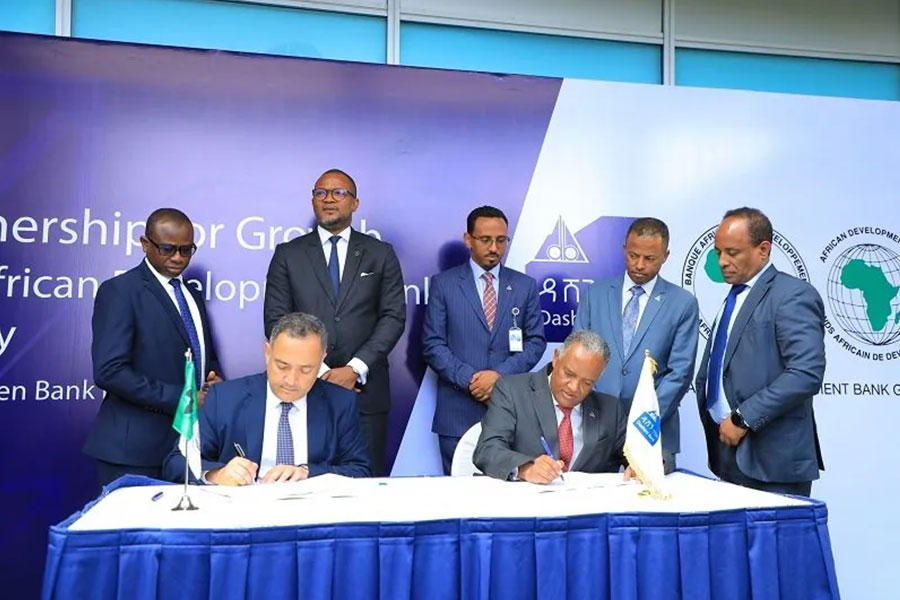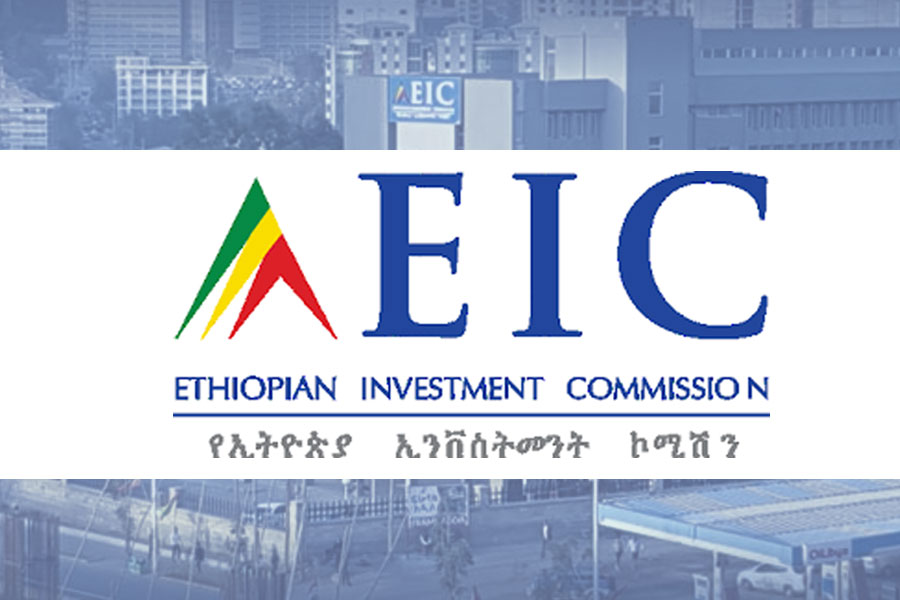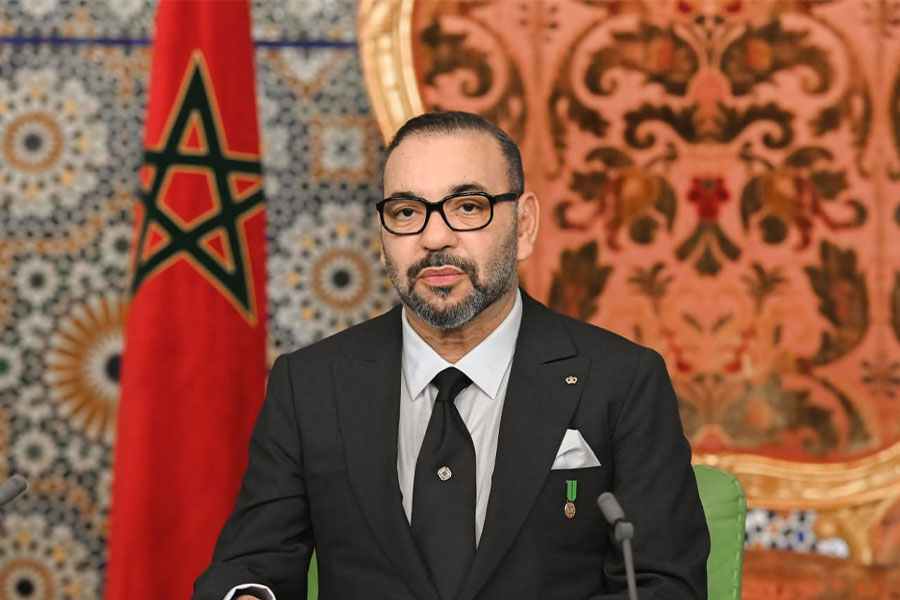
Gas station operators under TotalEnergies Ethiopia find themselves in precarious circumstances following a partnership deal the oil company has entered into with a coffee shop and tyre repair company. Formerly known as Total Ethiopia, the company pledged to lease space at its gas stations, making dealers furious over the lack of consultations before the decision.
TotalEnergies announced partnership arrangements with Tomoca Coffee and Sefa Tyre Services in May this year, deals that would see the two businesses move into select stations across the city.
The oil company has been one of the four pioneers entering the Ethiopian market in the 1950s. It acquired Mobil Oil in the mid-2000s, helping it consolidate with a market share of over 50pc. TotalEnergies runs half of the 150 gas stations operating under its brand in Ethiopia; the remaining half are owned by the dealers or properties under the Federal Housing Corporation.
Some dealers operating stations under TotalEnergies have resisted leasing space to Tomoca and Sefa, leading to bitters disputes. The company initially requested a few stations in the capital, such as on Ras Desta Damtew St. (near Harambe Hotel), Ras Birru Street (Mesqel Square), and Qera Bulgaria, to lease out spaces. Only the latter two obliged. The station near Harambe Hotel is no longer providing fuel services.
In March this year, TotalEnergies issued a month's notice to the dealer, Worku Getaneh, to vacate the cafe space. Signed by Mesfin Legesse, network manager, the company referred to the contractual agreement with the dealer and its legal right to terminate the contract about Café Bonjour, a brand TotalEnergies had been using in its stations. The management of TotalEnergies claimed, "modernising its stations to world-class standards." The dealer refused to hand over the space, arguing that the company did not consider the dealer's desire and commitment to modernising the cafe space.
Rebecca Iyob, the station manager, says the cafe is the primary source of revenues for the station, supporting a staff of 50. The dealer pays 90,000 Br in monthly fees to TotalEnergies, up from 30,000 Br a few years ago.
“We deserve to work on all services the station provides,” said Rebecca. “All services should be provided by one entity to ensure the standard.”
The station has discontinued providing fuel; Rebecca claims this happened after TotalEnergies suspended supply due to the disagreement. The station used to receive 5,000lt of benzene and diesel a day.
One of the stations that have agreed to lease out space to Tomoca was left with only fuel and oil services. During the handover process, the dealer gave up the oil shop to make room for the cafe.
“I had no choice but to stop the fuel service,” said the station owner, who requested anonymity for fear of reprisal.
The dealership was based on the agreement that he has to comply with the demands of the oil company, the dealer says.
Yohannes Woldegebriel, a law expert and former public prosecutor, is well aware of the contract agreements the oil company and dealers get themselves into. TotalEnergies, like all the other oil companies in the country, works based on contractual agreements drafted by one party, an agreement Yohannes described as "an adhesion contract."
"It's a 'take it or leave it' agreement," says Yohannes.
If the management of TotalEnergies feels the dealers are operating below its standards, it has the right to terminate the contract, but only if it runs the stations, according to Yohannes.
The case of Amhaselassie Tibebe, a dealer of a gas station in the Sengatera neighbourhood that was passed on to him by his father two decades ago, is a bit different. He has also seen his business stalled for a year now, with the title deeds of his station under the ownership of the Ethiopian Teachers' Association but administered by the Federal Housing Corporation. A dispute between Amhaselassie and the officials of Lideta District over a plan to demolish the station for development led to its closure.
The station received 11,000lt of fuel a day before the owner shut it down, attributing his decision to the land dispute and dissatisfaction with the dealership fees made to TotalEnergies. Nonetheless, he has received a notice from TotalEnergies to vacate the cafe space.
The management of TotalEnergies is contented, for it is convinced that all but two of its dealers have shown support for its strategies. Its executives, however, declined to comment further.
"More than 95pc of our dealers have been partnering with us for a very long time to provide high-quality service for the past 70 years," reads an email response from Haileyesus Assefa, the company’s internal communications manager.
The Petroleum Dealers Association confirmed that it has been making overtures to resolve the disagreements between TotalEnergies and the dealers. The efforts have so far been in vain, says Ephrem Tesfaye, a board member of the Association.
“We've even appealed to the head office in Paris to provide a solution,” Ephrem said. "There is no resolution."
Yohannes, the legal expert, says there are several ways to resolve the disputes.
"They have the option of taking their cases to court," he said. "But arbitration would be the better alternative."
PUBLISHED ON
Oct 16,2021 [ VOL
22 , NO
1120]

Radar | May 03,2025

Fortune News | Nov 02,2019

Radar | Dec 19,2020

Radar | Apr 13,2025

Fortune News | Dec 19,2020

Fortune News | Aug 20,2022

Commentaries | Apr 09,2022

Advertorials | Jun 03,2025

Viewpoints | Jun 27,2020

Radar | Apr 19,2025

Dec 22 , 2024 . By TIZITA SHEWAFERAW
Charged with transforming colossal state-owned enterprises into modern and competitiv...

Aug 18 , 2024 . By AKSAH ITALO
Although predictable Yonas Zerihun's job in the ride-hailing service is not immune to...

Jul 28 , 2024 . By TIZITA SHEWAFERAW
Unhabitual, perhaps too many, Samuel Gebreyohannes, 38, used to occasionally enjoy a couple of beers at breakfast. However, he recently swit...

Jul 13 , 2024 . By AKSAH ITALO
Investors who rely on tractors, trucks, and field vehicles for commuting, transporting commodities, and f...

Jul 12 , 2025
Political leaders and their policy advisors often promise great leaps forward, yet th...

Jul 5 , 2025
Six years ago, Ethiopia was the darling of international liberal commentators. A year...

Jun 28 , 2025
Meseret Damtie, the assertive auditor general, has never been shy about naming names...

Jun 21 , 2025
A well-worn adage says, “Budget is not destiny, but it is direction.” Examining t...